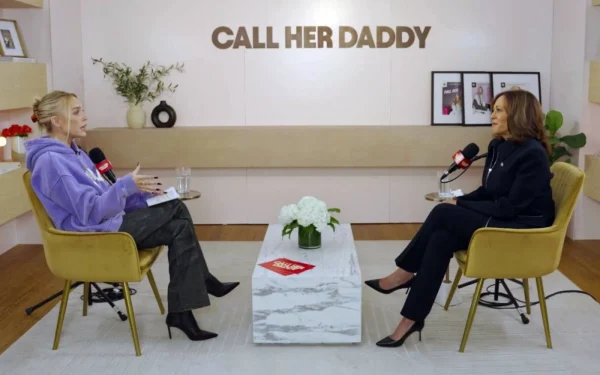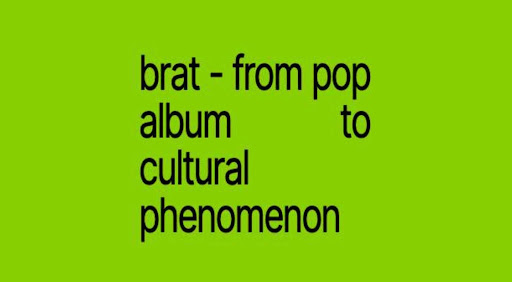In the early 2000s, printed newspapers were the popular information outlet. In the 2010s, opinionated adults and news outlets took Twitter by storm. Now, in 2024, Gen Z has acquired a new form of media: Podcasts.
Podcast hosts such as Joe Rogan, anchor of “The Joe Rogan Experience”, and Alex Cooper, founder of “Call Her Daddy,” have grown tremendously in popularity over the past year. Spotify reports “The Joe Rogan Experience” averaging over 14.5 million listeners and “Call Her Daddy” averaging 5 million weekly listeners. Spotify also reported over 100 million regular podcast listeners overall, 10 times the amount of listeners in 2019.

Image credit: Malaysia Times License
The newfound growth in the audio industry has outcompeted news outlets in spreading fast information, making podcasts the easiest modern way to access a wide audience. Podcasts have caught the attention of power-seeking officials, specifically in the US.
Kamala Harris was welcomed onto “Call Her Daddy” on October 7, about a month before election day, to have her voice heard by Alex Cooper’s primarily young and female listening base. Cooper made it known that she had also invited Donald Trump onto the show but he was yet to decide on joining. “Call Her Daddy” usually focuses on relationship advice, comedy, and “asking the burning questions you want the answers to.” It is not political commentary. This made Harris’s visit unprecedented. However, the podcast is the most listened to by young women, the perfect partnership for Harris to explain her agenda for reproductive rights and women’s safety with a younger generation.

Donald Trump took a similar approach by joining Joe Rogan to engage in a three-hour interview. Rogan, who had previously described Trump as “an existential threat to democracy,” finally agreed to host Donald Trump who revealed his “biggest mistake,” recalled his conversations with Kim Jong Un, and criticized Kamala Harris. This campaign style proved effective as Trump successfully reached the younger generation of right-winged men, Joe Rogan’s top listeners, of which 49% voted for Trump.
Although podcasts have effectively encouraged young civic engagement, they pose a serious threat: misinformation. While newspapers, journals, and reporters often display bias, it is much more difficult to spread misinformation than in a regular day-to-day conversation without the involvement of experts and the requirement to prove credible sources. While they provide an easy way for young people to combine their moral values and world issues with entertainment, they are not as accurate as traditional sources of news.
Podcast listeners must check the information they hear and receive in order for podcasts to be a valuable tool to society. Without fact checking, this new and convenient “news source” poses a few risks.












